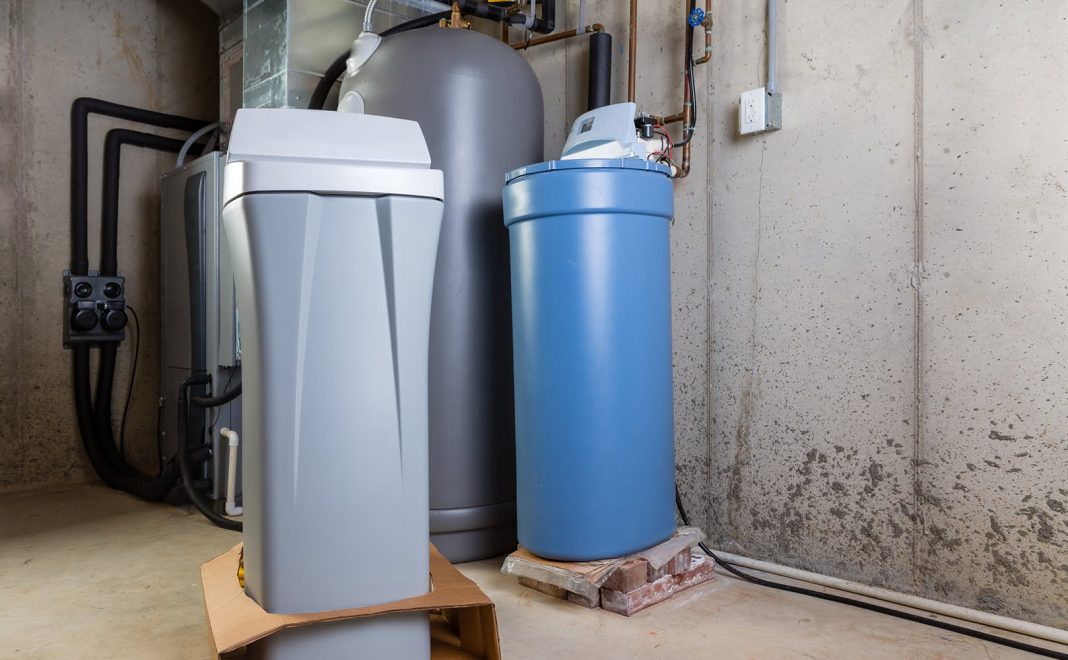If you’re wondering whether a water softener is necessary in Tampa, you’ve come to the right place. First, we’ll look at Reverse osmosis water softeners versus salt-based systems and explain why one might be better for your home. Plus, we’ll talk about the cost and health implications of each. Then, we’ll cover the benefits and disadvantages of using water softeners Tampa and other technology.
Reverse osmosis water softener
You should install a reverse osmosis water softener in Tampa, Florida, if you have hard water. These systems remove the minerals from water and replace them with sodium ions. Sodium ions are held by the exchange medium, which can be natural “zeolites” or synthetic resin beads. The hard water passes through the exchange medium, and sodium ions exchange places with calcium and magnesium ions. Since the resin holds sodium ions, they are easily replaced by their opposites. Sodium ions are released back into the water, as are the calcium and magnesium ions.
The reverse osmosis drinking water system will give you pure water for cooking and drinking. Reverse osmosis filters remove 95% of dissolved solids and other harmful contaminants from the water. These systems also enhance the taste of the water.
Salt-based water softener
In Tampa, Florida, the municipal water supply is naturally hard, varying from 140 to 300 parts per million (ppm). However, most drinking water in Florida comes from groundwater. As a result, it is often contaminated with naturally occurring minerals, damaging pipes and other surfaces. While hard water is rarely a health issue, it is a nuisance and can damage appliances. To remedy this problem, you should install a salt-based water softener in your home.
In Tampa, water containing a high calcium and magnesium concentration is detrimental to health. You should consider installing a water softener in your home to solve these problems. Hard water can be costly to replace, but soft water is more pleasant to drink. Choose a product that works for your needs to get the best results from a water softener.
Cost of water softener
A water softener can range from about $300 to $4000. The price depends on the softening method, the type of water softener, installation costs, and recurring salt costs. The salt used in a water softener is essential because the softener must be periodically refilled to keep it running correctly. Therefore, water softeners may not be suitable for some water types. In addition, they can be a costly investment if you intend to use them for a long time.
Water softeners have several advantages over other types of water treatment systems. They improve the plumbing of a home, but they also make it easier to wash clothes and dishes with crystal clear water.
Health implications of water softener
If you live in Tampa, you’ve probably wondered about the health implications of installing a water softener. The truth is that water from hard sources is generally safe, but there are a few things you should know before deciding to install one. This will save you money and energy, and give you healthier skin and hair in the process.
If your water supply contains too much sodium, you may want to use reverse osmosis water filters or a water softener. While there are some health implications to using a water softener, the good effects outweigh the negative.









